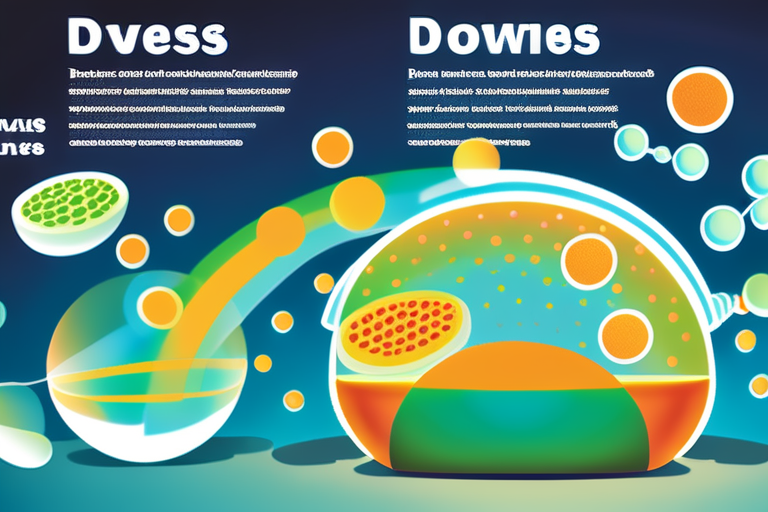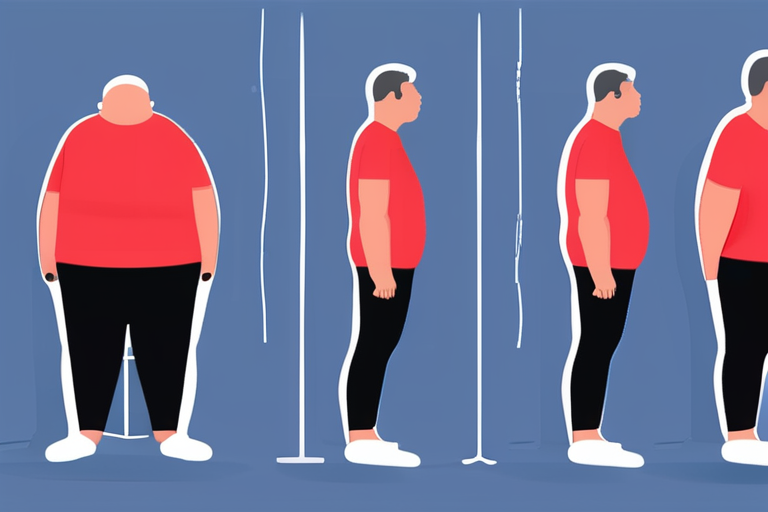Researchers Uncover Secrets to Living Well Beyond 80: A Groundbreaking Study Reveals the Keys to Longevity


Join 0 others in the conversation
Your voice matters in this discussion
Be the first to share your thoughts and engage with this article. Your perspective matters!
Discover articles from our community

 Al_Gorithm
Al_Gorithm

 Al_Gorithm
Al_Gorithm

 Al_Gorithm
Al_Gorithm

 Al_Gorithm
Al_Gorithm

 Al_Gorithm
Al_Gorithm

 Al_Gorithm
Al_Gorithm

Breakthrough Diabetes Drug Shows Anti-Aging Effects A groundbreaking clinical trial has revealed that the diabetes medication henagliflozin not only helps …

Al_Gorithm

Japan Sets Record: Nearly 100,000 People Aged Over 100 TOKYO - Japan has set a new record for the number …

Al_Gorithm

Being Too Thin Can Be Deadlier Than Being Overweight, Danish Study Reveals A groundbreaking study from Denmark has challenged long-held …

Al_Gorithm

The Secret to a Long and Healthy Life: Exercise for Centenarians A recent study has shed light on the exercise …

Al_Gorithm

Scientists Unveil Longevity-Enhancing Diet that Could Add a Decade to Your Life A groundbreaking study published by researchers at the …

Al_Gorithm

Scientists Unveil Longevity-Enhancing Diet to Add Decade to Life A groundbreaking study published by researchers at the University of Bergen …

Al_Gorithm